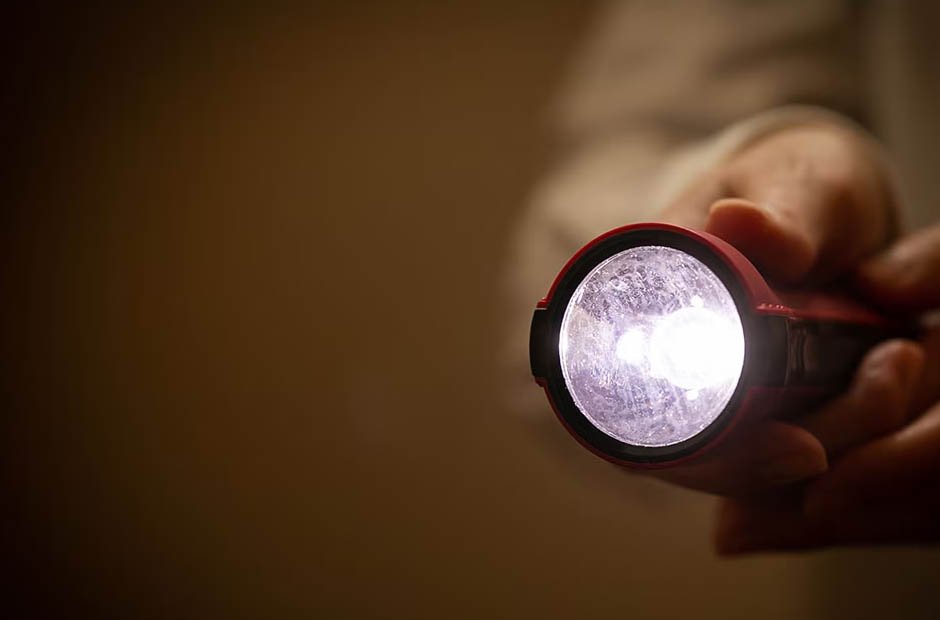Skip to the good bit
TogglePower outages can disrupt daily life, leaving homes and businesses in darkness and uncertainty. During such emergencies, the role of an emergency electrician becomes crucial. These professionals provide immediate assistance and expertise in restoring electrical systems, ensuring safety, and mitigating potential hazards. While many may consider attempting to address power issues themselves, the risks involved in electrical work necessitate skilled intervention. We will explore how emergency electricians operate during power outages, their responsibilities, and the value they bring to maintaining safety and reliability in electrical systems. Click here to visit our website.
Immediate Response and Assessment
For instance, the emergency electrician must prioritize safety if a power outage is due to severe weather, such as a storm that has knocked down power lines. They may need to contact utility companies to report downed lines and work collaboratively to ensure the power grid is safe to access. If there are indications of an electrical fire or any hazardous conditions, they will act quickly to mitigate risks to life and property. Their ability to conduct a thorough assessment expedites power restoration and ensures that all safety protocols are followed, minimizing potential risks for residents and businesses.
Restoration of Power and Repairs
Once the cause of the outage is determined, the emergency electrician will move on to restoring power. This could involve various tasks, from resetting breakers to replacing damaged wiring or components. The approach taken depends largely on the nature of the problem identified during the assessment phase. If the outage is due to a minor issue like a tripped circuit breaker, the electrician can quickly reset it and restore power. However, more complex issues, such as damaged wiring or malfunctioning panels, may require more extensive repairs.
In cases where immediate repairs are not feasible, the electrician may implement temporary solutions to restore power until permanent repairs can be made. This might include installing temporary generators or rerouting the electrical supply to maintain essential services, especially for businesses or medical facilities requiring constant power. The role of an emergency electrician goes beyond just fixing the problem; it involves providing peace of mind by ensuring that the electrical system is safe and operational. Their experience in dealing with various electrical systems allows them to perform repairs efficiently and effectively, reducing downtime and restoring normalcy for those affected by the outage.
Ensuring Safety and Compliance
Safety is paramount during any electrical work, particularly during a power outage when the risks can be heightened. Emergency electricians adhere to strict safety standards and regulations to ensure all repairs and installations comply with local electrical codes. They are trained to recognize potential hazards such as exposed wires, water damage, and the risk of electrical shock. By prioritizing safety, they protect both themselves and the clients they serve.
In addition to their technical skills, emergency electricians also play an educational role. They inform clients about the importance of maintaining electrical systems, identifying wear or damage signs, and preparing for future outages. This proactive approach helps clients understand their electrical systems better and prepares them for emergencies. By fostering a culture of safety and preparedness, emergency electricians contribute to the overall resilience of homes and businesses against future power outages.
Prevention and Future Preparedness
Beyond immediate response and repair, emergency electricians also offer valuable advice on preventative measures that can reduce the likelihood of future power outages. This includes recommending regular electrical inspections, upgrading outdated wiring, and ensuring all appliances are up to code. Additionally, they may advise installing surge protectors and uninterruptible power supplies (UPS) to safeguard sensitive electronics during power disruptions.
Investing in backup generators is another strategy that emergency electricians often suggest. Generators can provide temporary power during outages, ensuring that essential services continue without interruption. Emergency electricians can assess a home or business’s power needs to recommend appropriate generator models and installation procedures. By taking these preventative steps, clients can enhance their preparedness for future outages, minimize disruptions, and ensure that their electrical systems are reliable.
The role of an emergency electrician during a power outage is multifaceted and vital. From assessing the situation and restoring power to ensuring safety and advising on future preparedness, these professionals provide invaluable services that safeguard homes and businesses. Their expertise resolves immediate issues and fosters a culture of safety and preparedness. In an age where power outages can occur unexpectedly, understanding the importance of emergency electricians can significantly enhance our ability to navigate these challenges effectively. By recognizing their role, we can better appreciate the essential services they provide during moments of crisis.







